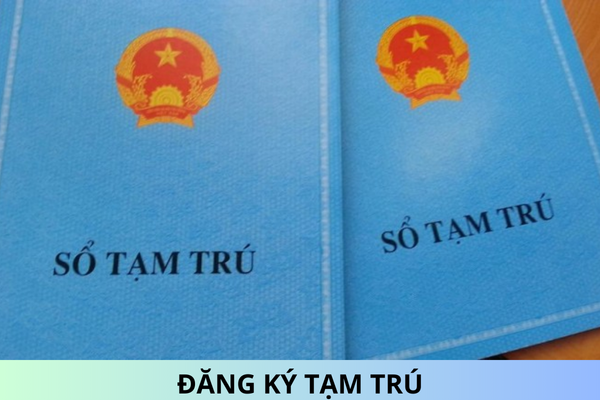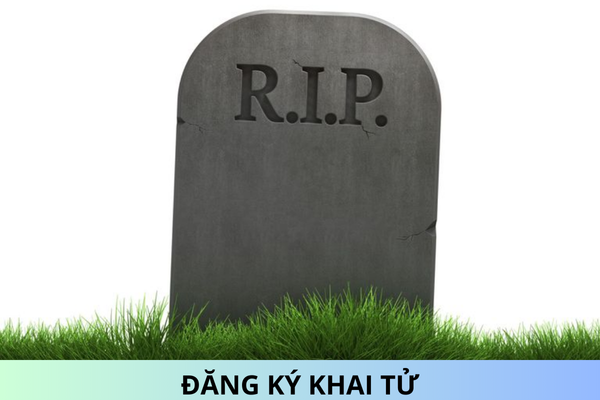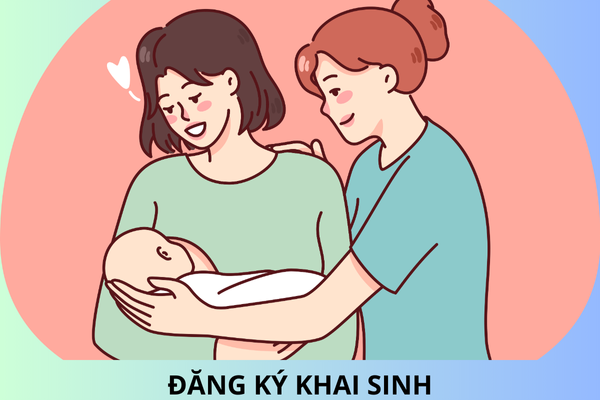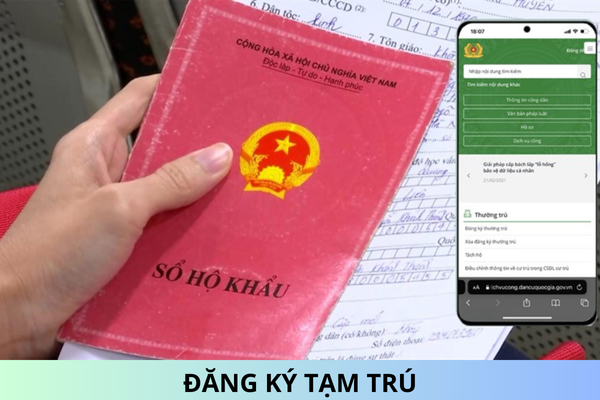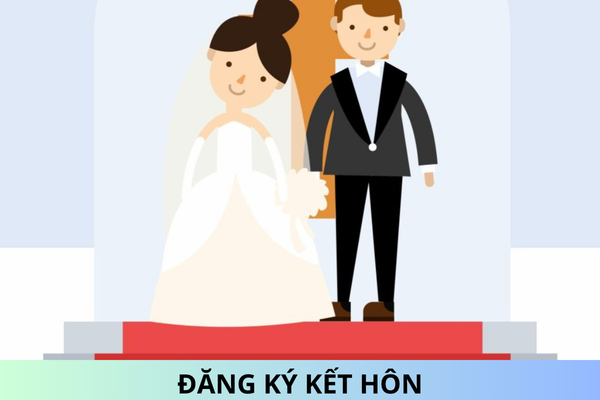In case of unregistered adopted children, can they inherit property of their adoptive parents in Vietnam?
In case of unregistered adopted children, can they inherit property of their adoptive parents in Vietnam? Can illegitimate children inherit property in Vietnam? If the person who is declared dead returns, can my family continue to divide the inheritance in Vietnam? Please advise.
In case of unregistered adopted children, can they inherit property of their adoptive parents in Vietnam?
Please let me know: I was adopted by my adoptive parents in 2000, but since then I have not registered with the state, but relatives and neighbors all know that I am my parents' adopted child. But recently, his parents died in a traffic accident, so there was no will. My brothers and sisters do not let me inherit my parents' property because I am not officially adopted. Please ask, can I sue?
Answer: According to the provisions of Article 653 of the 2015 Civil Code, an adopted child and his or her adoptive parents may inherit each other's estates and may also inherit in accordance with articles 651 and 652 of this Code.
According to the provisions of the Civil Code 2015, in case the deceased does not leave a will, the property will be divided according to the law. Heirs at the same level shall be entitled to equal shares of the estate. Heirs at a lower level shall be entitled to inherit where there are no heirs at a higher level because such heirs have died, or because they are not entitled to inherit, have been deprived of the right to inherit or have disclaimed the right to inherit.
In which, heirs at law are categorized in the following order of priority:
a) The first level of heirs comprises: spouses, biological parents, adoptive parents, offspring and adopted children of the deceased;
b) The second level of heirs comprises: grandparents and siblings of the deceased; and biological grandchildren of the deceased;
c) The third level of heirs comprises: biological great-grandparents of the deceased, biological uncles and aunts of the deceased and biological nephews and nieces of the deceased.
However, an adopted child may only inherit property of his adoptive parents when the adoption is carried out in accordance with law in Vietnam.
According to the provisions of Article 50 of the Law on Adoption 2010 (effective from January 1, 2011), Adoptions between Vietnamese citizens which were established before the effective date of this Law but have not yet been registered with a competent state agency may be registered within 5 years after this Law takes effect if the following conditions are met:
a/ The involved parties meet all adoption conditions prescribed by law at the time of arising of their adoption relationships;
b/The parent and child relationships still exist and both parties are still alive by the lime this Law takes effect:
c/ Caring, nurturing and education ties exist between the adoptive parents and adopted child like between natural parents and child.
2. After being registered, the adoption relationships stated in Clause 1 of this Article will be effectively valid from the time they arise.
On the other hand, according to the provisions of the adoption that has arisen in fact between Vietnamese citizens but has not been registered before January 1, 2011, if the above conditions are met, the registration shall be made from January 1, 2011 to the end of December 31, 2015 at the commune-level People's Committee, where the adoptive parents and adopted children permanently reside.
Note: The above provisions also apply to cases where Vietnamese citizens permanently residing in border areas adopt children of neighboring countries residing in border areas of neighboring countries for adoption before January 1, January 2011 without registration at a competent state agency.
Thus: Pursuant to the above-cited regulations in Vietnam, an adoption arising before January 1, 2011, must be registered at a competent state agency (commune-level People's Committee, place of permanent residence of adoptive parents and adopted children) within 5 years from January 1, 2011.
After registering and being recognized by law for adoption, the adoptive parents and adopted children will have rights and obligations towards each other according to the provisions of law, including the right to inherit the estate of the adopted child. according to the provisions of the Civil Code 2015.
However, according to the information you provided us, you were adopted by your adoptive parents in 2000, but since then there has been no registration with the state, so legally it does not give rise to rights and obligations between you and your adoptive parents towards each other in accordance with the law, including the right to inherit each other's estates.
Therefore: Legally, you are not identified as heir of your adoptive parents, so when your adoptive parents die in a traffic accident without a will, you cannot inherit your parents' estate reared after death.
Above is our consulting opinion on the issue you are wondering.

Can illegitimate children inherit property in Vietnam?
I knew him and knew he was married, but I still blindly loved and gave birth to him, he did not deny his responsibility, but accepted to confirm that my father and child have birth certificates with both father and mother. Now I am 5 years old. But recently, while going to work, he unfortunately died in an accident. I want to ask, can my son inherit his property because I am prevented by his wife and children because my child is an illegitimate child?
Answer: According to the provisions of Article 68 of the Law on Marriage and Family 2014, children who are born regardless of their parents’ marital status all have the same rights and obligations toward their parents prescribed in this Law, the Civil Code and other relevant laws.
Thus: Based on the information you provide, you know that man, and have given birth to a child for him, and the information of both father (information of that man) and mother on the birth certificate has been confirmed according to regulations on child recognition and birth registration.
So the child is determined to be your child and that man. Meaning, it gives rise to rights and obligations between father and son as prescribed by law.
According to the provisions of the Civil Code 2015, in case the deceased does not leave a will, the property will be divided according to the law. Heirs at the same level shall be entitled to equal shares of the estate. Heirs at a lower level shall be entitled to inherit where there are no heirs at a higher level because such heirs have died, or because they are not entitled to inherit, have been deprived of the right to inherit or have disclaimed the right to inherit. Inheritance is specifically defined as follows:
a) The first level of heirs comprises: spouses, biological parents, adoptive parents, offspring and adopted children of the deceased;
b) The second level of heirs comprises: grandparents and siblings of the deceased; and biological grandchildren of the deceased;
c) The third level of heirs comprises: biological great-grandparents of the deceased, biological uncles and aunts of the deceased and biological nephews and nieces of the deceased.
Thus: Based on the provisions cited above in Vietnam, it can be seen that the current law does not distinguish between illegitimate in wedlock or children out of illegitimate when determining the right to inherit property left behind by the deceased. That is, if the children are determined to be the children of the deceased, they all have the right to inherit the property left by that person after death in accordance with the law (if there is a will, the will shall be followed).
Therefore: In case there are enough grounds to determine that your son is also the biological son of that man (with a birth certificate), your child has the right to inherit that person's property according to the provisions of law in Vietnam. Meaning, that man's estate will be divided equally among your children, wife, biological children, adopted children (if any), parents (if still alive) of that man.
Above is our consulting opinion on the issue you are wondering.
If the person who is declared dead returns, can my family continue to divide the inheritance in Vietnam?
My brother went to work far away, hasn't come back for a decade and has no information, his wife, my sister-in-law, has also completed the procedures to declare a person dead according to regulations and when a decision is made in a few months, my sister-in-law also has another husband. Our mother passed away a long time ago, but the day my father passed away, brother did not return, our family has 4 brothers and sisters and I am the youngest, now 3 of us are dividing the father's estate when brother returns, so let me ask, if the person who is declared dead returns, can my family continue to divide the inheritance in Vietnam?
Answer: According to the provisions of Article 73 of the 2015 Civil Code, when a person who has been declared dead returns or when there is reliable information that such person is still alive, a court shall, at the request of such person or a person with related rights or interests, issue a decision on annulment of the decision declaring the person dead.
That is, the personal relationship of the person declared dead is restored when the Court issues a decision to annul the decision declaring that person dead. However, for the spouse of the person declared dead who has been granted a divorce by the court according to regulations in Vietnam; If spouse of the person who is declared dead has married another person, the marriage will still have legal effect.
Also according to this provision in Vietnam, the person who is declared dead but still alive has right to request the person who has received the inherited property to return the property and the current value of the property. In case the heir of a person who is declared dead knows that this person is still alive but deliberately conceals it in order to inherit, he/she must return the entire property received, including yields and profits; If damage is caused, compensation must be made.
=> Thus, according to the analysis above, the person who has been declared dead returns will still continue to divide the inheritance according to regulations in Vietnam.
Best regards!
